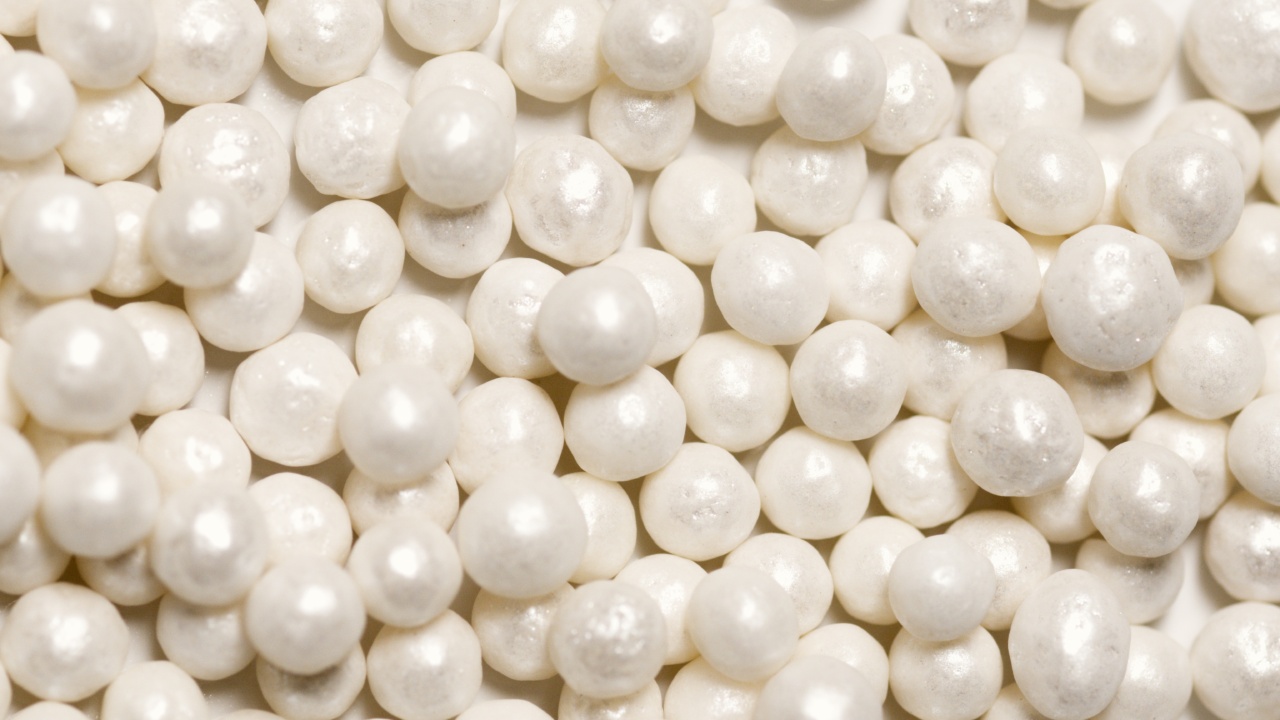Asthma is a chronic respiratory condition that occurs when the airways are inflamed, making it difficult for the person to breathe. Children are among the most affected because they have weaker immune systems and are prone to respiratory infections.
According to the World Health Organization, about 14% of global childhood asthma cases are caused by environmental factors, including pollution.
Bone health, on the other hand, refers to the state of the bones and their ability to function well. Bones are responsible for giving the body structure, protecting organs, and allowing movement.
Children with asthma may experience bone health problems due to several factors that affect their overall health and well-being.
: How Asthma Affects Bone Health
Inactivity
Children with asthma may experience difficulty breathing, which may limit their ability to participate in physical activities, sports and exercise on daily basis.
Lack of physical activity may increase the risk of bone loss, osteoporosis, and fractures later in life.
Medications for Asthma Treatment
The medications used to treat asthma can also have significant effects on bone health, particularly oral steroids.
Steroids used for asthma can have side effects such as bone loss, decreased bone mass, bone fractures as well as decreased calcium absorption. Children with asthma who require daily oral steroids may be at higher risk for these side effects.
Nutritional Deficiencies
Children with asthma may experience reduced appetite that can lead to nutritional deficiencies. Nutrients like calcium, vitamin D, magnesium, and phosphorus are essential for strong bones.
When children do not consume enough or have difficulties absorbing these nutrients, bones may become weak and brittle.
What Can Be Done?
Physical Activity
Encouraging children with asthma to be active is important to promote bone health. Moderate to high-intensity activities, such as running or jogging, can help strengthen bones and reduce the risk of fractures.
Parents should check with doctors or asthma specialists to understand what activities are safe for their children.
Calcium and Vitamin D Intake
Calcium and vitamin D supplements may be beneficial for children with asthma who are not getting enough nutrients from diet alone. These supplements can help improve bone health and reduce the risk of bone fractures.
Foods such as milk, eggs, cheese and yogurt are great sources of calcium and vitamin D.
Avoiding or Limiting Steroid Use
If possible, children with asthma should avoid or limit the use of oral steroids and use alternative medication approaches instead.
Parents should discuss with their doctor if steroids are necessary and for how long they will be used, in order to plan better and take preventive measures to avoid bone loss.
Outdoor Air Quality and Allergen Control
Children with asthma have a higher risk of developing respiratory infections and exposure to allergens that can affect their lung function. Outdoor pollution, secondhand smoke, and other allergens contribute to the risk of asthma attacks.
Parents should avoid exposure to such possible allergens in order to maintain good lung function.
Conclusion
Preventing the Bone Health Effects of Asthma
Children with asthma can do many things to promote bone health.
Parents should encourage their children to be physically active, consume foods rich in calcium and vitamin D, limit the use of oral steroids, and avoid possible allergens that can trigger asthma attacks. The aim of such preventive measures is to help children with asthma build strong bones and reduce their risk of bone fractures, leading to a happier, healthier life.































